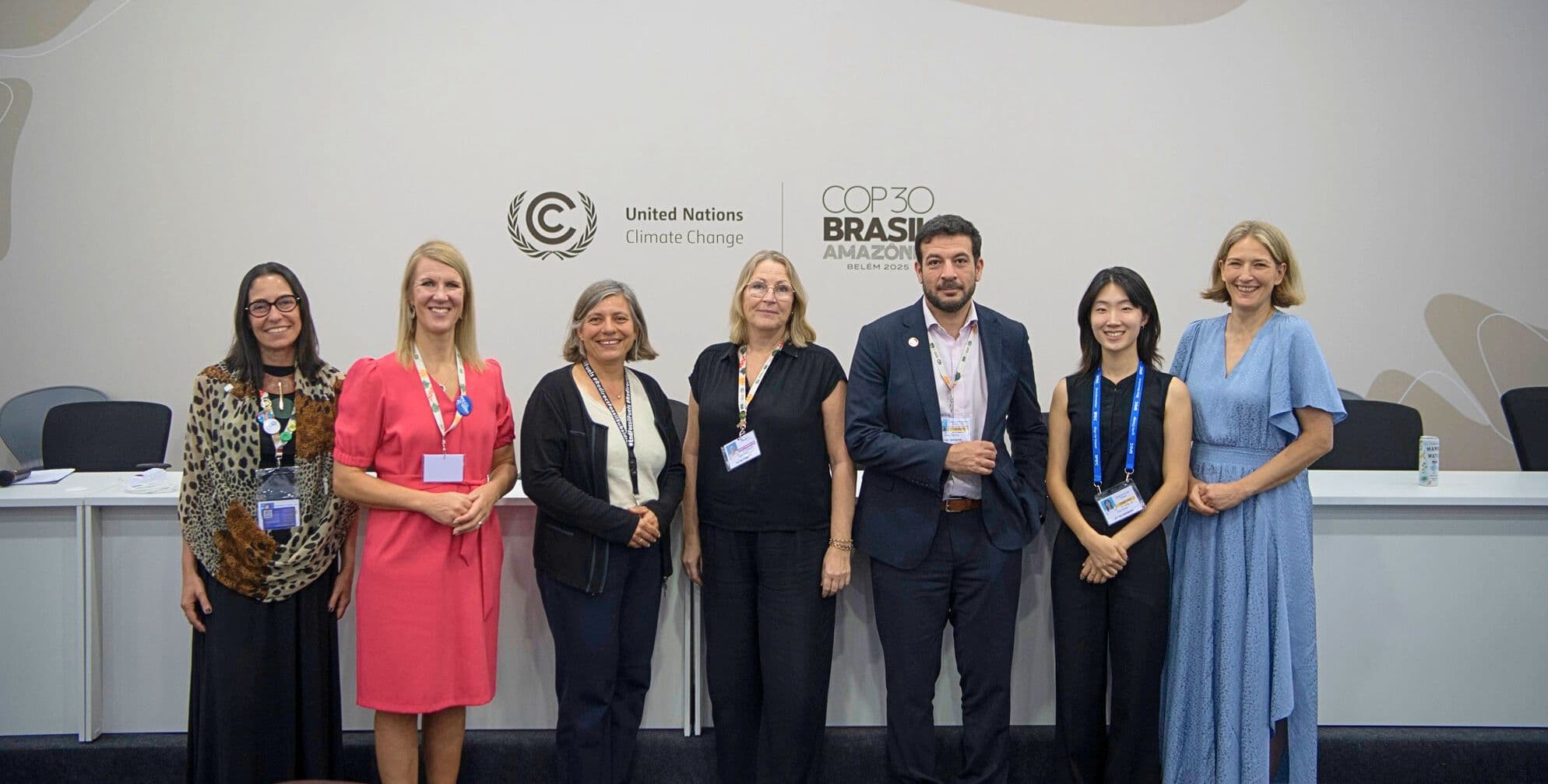Steelmaking is both foundational to our economies but also symbolic industry in the heart of the European project. Maybe it is not surprising that the same challenges that confront Europe are also facing European steel industries – geopolitics, competitiveness, security and decarbonisation. These challenges need to be addressed together.
CLC is now leading a Coalition for Near-Zero Emissions Steel, a newly established Nordic initiative, together with We Mean Business Coalition and Demos Helsinki. This coalition brings together frontrunners across the steel value chain to accelerate decarbonization, align Nordic policy action, and build a scalable model for Europe and beyond. Several CLC members are taking part in this project, including Outokumpu, Fortum, Metso, AFRY, YIT, and Finnish Energy.
The steel sector accounts for approximately 2.8 gigatonnes of CO2e emissions annually, or 8% – 10% of total energy system emissions globally. The Nordic region has already taken significant steps toward fossil-free steelmaking, with leading companies making notable investments. For example, Stegra is building the world’s first large-scale green steel plant, SSAB is replacing polluting basic oxygen furnaces with electric arc furnaces, and Outokumpu is paving the way towards zero-carbon metals. The impact of these projects proves that smaller regions can compete globally.
Half of EU steel production still relies on emission intensive, coal-based production. With most blast furnaces aged and due for reinvestment or retirement before 2035, substantial investments to new steelmaking capacity are needed in coming years.
Business as usual simply is not on the table – especially with trade challenges: Trump tariffs from the West, flood of cheap fossil-intensive steel from the East.
The next few years are decisive to provide steelmakers with the certainty required to move away from carbon-intensive production. The EU must send a strong and unambiguous signal that ambitious climate policy and industrial competitiveness are not in conflict. A stable, credible, and harmonised regulatory environment is essential for companies to scale the investments needed to decarbonise — and to produce high-value products with fossil-free electricity in Europe.
Three policy priorities for near-zero steel
Through the collaboration, three priority areas emerged as essential for enabling the shift to near-zero steelmaking in Europe. These are outlined in the following three policy briefs.
1) Europe needs to protect level playing field for steel industry while moving forward with ambitious 2040 climate target.
- Timely implementation of the Carbon Border Adjustment Mechanism (CBAM) in 2026 is critical tool to protect level playing field for European steelmakers investing in fossil free steel production. Any delay would erode the credibility of the EU’s climate commitments and punish first movers.
- An effective and well-implemented CBAM sets a global precedent and offers a competitive advantage to countries that adopt carbon pricing, and to companies that operate with a reduced carbon footprint.
2) Clean products need markets – policy can support creating lead markets for near-zero emissions steel in the EU
- Standards and labelling play a key role in ensuring fair competition and enabling comparability between products. Harmonised EU-wide labelling/standards are needed so buyers can reliably specify near-zero steel.
- Public procurement has the potential to significantly accelerate lead market development and stimulate near-zero emission steel demand to drive down costs through economies of scale. Public procurement mandates should be used to create early demand and de-risk private investment that enable early movers to scale.
3) Near-zero emission steelmaking in Europe is possible with right enabling conditions in place
- Clean steelmaking requires vast volumes of low-cost, fossil-free electricity but current deployment of renewable capacity, storage and grids is too slow and uneven. Scale up fossil-free electricity, storage and grid infrastructure is urgently needed.
- Most breakthrough steelmaking projects will rely on hydrogen. However, uncertainty in regulation, funding schemes, and infrastructure hinder the deployment of investments at scale. Support fossil-free hydrogen deployment at scale for primary steelmaking.
- Slow and fragmented permitting processes are a significant barrier to industrial decarbonisation today. Permitting bottlenecks delay the deployment of renewables, industrial plants, and transmission lines. Unlock transition finance and streamline permitting to accelerate projects.


